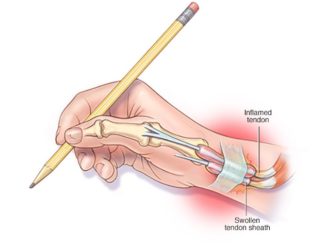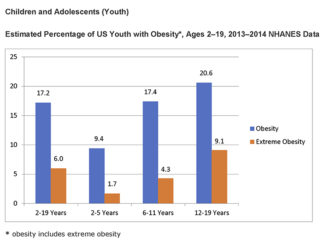
Has the link to the leaky gut and autoimmune disease become more clear? I believe it has and researchers from Canada have helped by a nice review on intestinal permeability in the British journal Gut.
Dr. J. B. Medding and his colleagues in Edmonton, Alberta Canada (Arrieta, Gut, 2006) describe how the intestine serves as a barrier when normal but becomes a source of the genesis of autoimmune diseases when it becomes abnormally permeable. That is, when your gut becomes leaky (“the leaky gut syndrome”) several autoimmune diseases are known to occur.
Intestinal permeability (how leaky the gut has become) can be evaluated in a manner specific to various sites in the gut. That is, the different areas of the gut, from stomach to large intestine, can be evaluated by specific tests for leakiness and related to damage and disease in those areas. Areas of leaky gut can be observed prior to the onset of disease and appear to be involved in the development of disease, especially autoimmune diseases like Celiac disease, diabetes, Crohn’s disease, as well as skin diseases like atopic dermatitis, rheumatologic conditions, and even irritable bowel syndrome.
The authors propose a new paradigm consisting of “three main features…
(1) A genetically susceptible immune system (the mucosal immune system), that allows the host to react abnormally to an environmental antigen.
(2) An environmental product that triggers the disease process.
(3) The ability for the environmental agent to interact with the mucosal immune system. Since the purpose of the epithelial barrier is to keep these two factors separate, and we measure this function of the barrier by permeability, the corollary of this is that an increase in permeability is a requirement for disease expression.”
What does this mean in lay terms and in relationship to the concept of the leaky gut syndrome? The gut or intestine is supposed to be a barrier to foreign proteins like foods and bacteria. If your immune system is genetically predisposed to react adversely to a certain food proteins and/or bacteria in your gut (or nerves, skin or joints) you may react with activation of damaging chemicals intended to protect you from foreign invaders that instead damage your gut making it more leaky and more vulnerable as well as your nerves, skin, and joints.
Leaky gut begets leaky gut. What results is more damage to your gut. Food and bacterial proteins can act together to damage the gut and allow toxic protein complexes to get through the gut that is normally supposed to be resistant to such a breach. Once in your blood stream, foreign proteins may initiate abnormal reactions that cause irritation to your brain, nerves, skin and/or joints.
What many of you and I experience then are symptoms such as abdominal pain and bloating, gas, diarrhea, headaches, nerve pain, skin rashes and joint aches. The diagnoses that result are Celiac disease, Crohn’s disease and irritable bowel syndrome, multiple sclerosis, migraines, attention deficit, autism, depression, eczema, acne, rheumatoid arthritis, fibromyalgia, diabetes, chronic fatigue etc. etc.
What really concerns some of us with personal and professional experience with this and who are passionately interested in this area is that there is an explosion of autoimmune diseases occurring right under our nose yet most doctors and lay public are missing the connection. Many people are being diagnosed with multiple conditions without anyone making the connection of the overload of our gut with certain foods that may be causing much of these illnesses. All of the problem foods have specific food proteins or lectins that are difficult to digest and potentially toxic to the gut. In particular if the food has been genetically engineered or modified their lectins may be more toxic to humans. Stay tuned for more on this exciting area, as I continue writing on the relationship of food, gut and disease. As your food doctor, the food doc, I hope to help you find the information you need to eat right to feel right even if your doctors are not making the connection.
Bibliography:
Arrieta MC, Bistritz L, Meddings, JB. Recent advances in clinical practice. Alterations in intestinal permeability. Gut 2006;55:1512-1520.
Proudly WWW.PONIREVO.COM
Source by Dr. Scot Lewey



